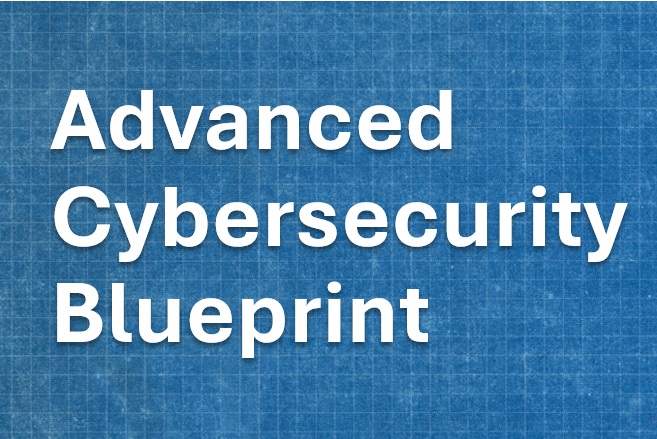By Elaine J. Hom
According to a recent survey by Lenovo, SMBs are taking more and more unnecessary risks by cutting corners to cut costs. For IT providers, this can mean countless opportunities to increase business by educating these SMBs and improving their risk management.
But this is no easy task–educating clients can be more difficult than you think, and depending on the type of client, you might be in for more headaches in the future, particularly in the field of healthcare.
Lenovo-AMD Survey: What It Means for IT Providers The survey, conducted by Lenovo and AMD, evaluated more than 700 SMBs (1-499 people) and found that many of the companies are engaging in risky business practices, including backing up important data on USBs and CDs and piggybacking on unsecured networks. Of the businesses polled, 80 percent have fewer than 100 employees.
The survey, conducted by Lenovo and AMD, evaluated more than 700 SMBs (1-499 people) and found that many of the companies are engaging in risky business practices, including backing up important data on USBs and CDs and piggybacking on unsecured networks. Of the businesses polled, 80 percent have fewer than 100 employees.
Some of these risky business practices include data backup strategies, with 40 percent of respondents believing that their companies use external hard drives to back up important files, and 31 percent using USBs to back up work data. Only 13 percent of respondents are aware of their companies using the cloud for backup.
What does this mean for IT service providers? According to Charles Sune, SMB portfolio manager for Lenovo, this opens up a world of possibilities for VARs looking for new contracts.
“From a channel partner perspective, there are lots of opportunities, particularly around backup and restore,” says Sune. “Security is another area that I think is very important. You can see in the survey that the number of small business with remote workers will piggyback on unsecure networks. If you go into a coffee shop, and we all do this, you’re subject to potential security breaches–unless you’re establishing a VPN or something. There are considerable opportunities for those partners to provide these types of solutions, and we’re seeing that today.”
Avoiding Disaster: Educating Clients on the ROI of Risk Management
But how should IT service providers approach these possible opportunities? According to Amy Kardel, COO of Clever Ducks, an IT service provider in San Luis Obispo, Calif., it comes down to customer education.
“Business owners are reluctant to take on any recurring costs,” says Kardel. “Online backup might appear to be an increased cost, for example, but it really comes down to a sales education issue. Using removable media actually costs a lot more. There’s a higher failure rate, there are labor costs, there’s internal processing that customers are not aware of—that all costs time and money.”
SMBs may be afraid to make initial investments, but lost information can be much more costly than the money spent to keep information safe.
“It really isn’t cheaper, when you take the risk management piece into consideration,” says Kardel. “The backup process tends to fall on the lowest person on the totem pole at our prospects’ offices, so the person that you’re counting on to do the most important thing in your business is not always the highest paid or most reliable person in the organization.”
As Kardel notes, IT providers must educate their customers, especially in light of the survey results: 63 percent of respondents are somewhat familiar with the concept of cloud computing, but 87 percent are only somewhat or not at all familiar with unified communications.
“People are afraid of recurring costs, and cost-cutting comes down to an education issue,” says Kardel.
Understanding the Client: Information-Driven SMBs
Some prospective clients already understand the risk management vs. cost-cutting concept, of course, and these businesses, says Kardel, are information or process driven. “Businesses that are information or process-based understand that they need invest in order to save costs,” she notes. “They know it’s part of the business.”
An attorney who continually processes case files, for example, knows the serious consequences that can result if the network is hacked and client information compromised. Likewise, an accounting firm understands the importance of keeping client financial data confidential, or the backlash could ruin the company’s reputation.
One type of information-driven business segment, however, is still in need of education on risk management and cost-cutting, and that’s healthcare. Jamison West, founder and CEO of JWCS, an IT services provider in Seattle, warns other IT service providers that the road ahead in healthcare may not be Easy Street.
“Healthcare is the [market that] needs education the most,” says West. “Surprisingly, too many [heathcare providers] aren’t very clear on technology. They don’t know what it means to encrypt a backup.”
So while the Lenovo-AMD survey points out the need for solid backup/restore and data security—including data stored on laptops—not every SMB will be receptive to a message that includes investing in new technology. Solution providers have an opportunity to change that, however, and reap the financial benefits.














